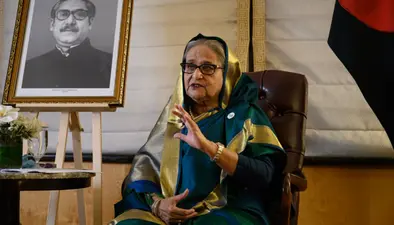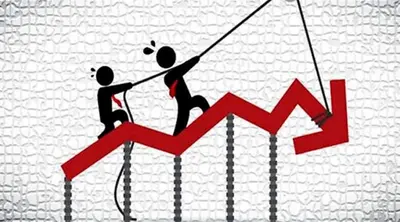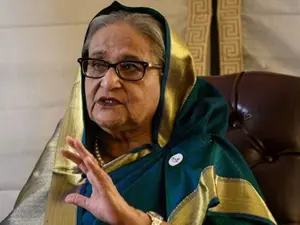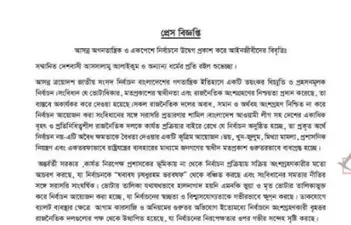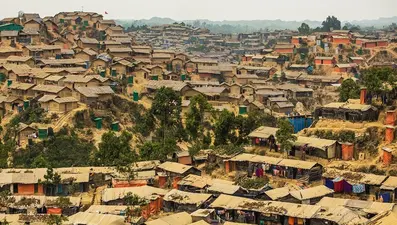Project Syndicate Opinion
Bangladesh Is a South Asian Time Bomb: Chellaney Warns of Islamist Violence, Repression, and Economic Collapse
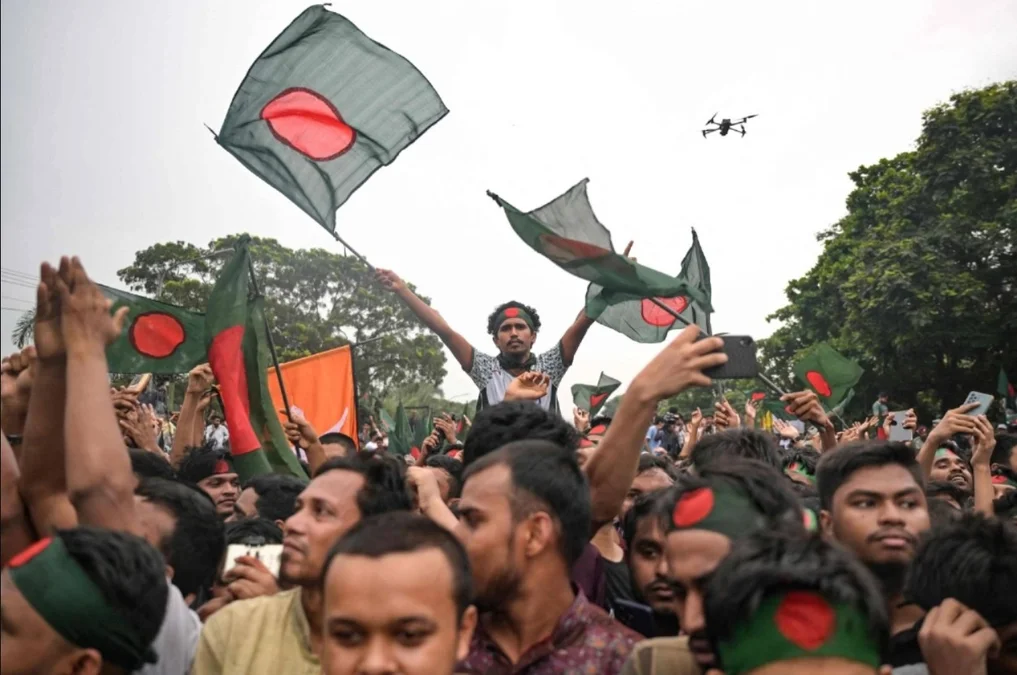
Bangladesh is facing a deepening crisis marked by escalating human rights violations, rising Islamist influence, and economic decline, according to a recent opinion piece by Brahma Chellaney, Professor Emeritus of Strategic Studies at the Center for Policy Research in New Delhi and Fellow at the Robert Bosch Academy in Berlin.
Chellaney in his opinion piece for Project Syndicate argues that many had expected the ouster of longtime Prime Minister Sheikh Hasina last year to revive democracy after years of alleged 'authoritarian rule'. Instead, Bangladesh has slipped into chaos under a military-backed interim government, with Nobel laureate Muhammad Yunus serving as its nominal leader.
Military and Islamist Alliance
The piece stresses that Hasina’s removal was not simply the result of a student-led uprising, as often portrayed, but largely engineered by the powerful military, with Islamist groups providing muscle. While Yunus was projected as a reformist figure, his government has presided over repeated election delays, the dismantling of democratic institutions, and the banning of Sheikh Hasina’s Awami League.
Human rights organizations have reported a surge in repression. Thousands of Sheikh Hasina’s supporters – including journalists, academics, and artists – have been arrested. International watchdogs warn of growing attacks on the press, extrajudicial killings, and custodial torture.
Islamist Extremism Resurfaces
Perhaps most troubling, Chellaney warns, is the rehabilitation of extremist groups. Bans on jihadist outfits have been reversed, and previously jailed Islamist leaders have been freed, with some now holding government positions. Minority communities – including Hindus, Christians, Buddhists, tribal groups, and heterodox Muslim sects – face violent persecution, while women have been subjected to Taliban-style “moral policing.” Even the traditionally Islamist-leaning Bangladesh Nationalist Party (BNP) has expressed alarm at the rise of religious violence.
Economic Decline
Economically, Bangladesh’s once-robust growth has faltered. GDP growth has fallen, foreign debt is rising, and inflation has reached a 12-year high. Investor confidence has collapsed, stock markets are plunging, and job losses are driving social unrest and radicalization.
Regional and Global Implications
The crisis has wide regional implications. India, which shares most of Bangladesh’s border, has been one of Dhaka’s closest security and trade partners under Sheikh Hasina. Her fall has undermined bilateral cooperation and forced New Delhi to increase border security against extremist infiltration.
Chellaney criticizes the United States for welcoming Hasina’s removal, warning that Bangladesh’s current trajectory threatens Washington’s Indo-Pacific strategy. He suggests the country risks becoming another global flashpoint, destabilizing not only South Asia but also wider geopolitical balances.
Call for International Response
The article concludes with an urgent call for the international community to address Bangladesh’s downward spiral. If unchecked, Chellaney warns, the combination of authoritarianism, Islamist resurgence, and economic collapse could transform Bangladesh into another dysfunctional state, echoing the trajectory of neighboring Pakistan.

